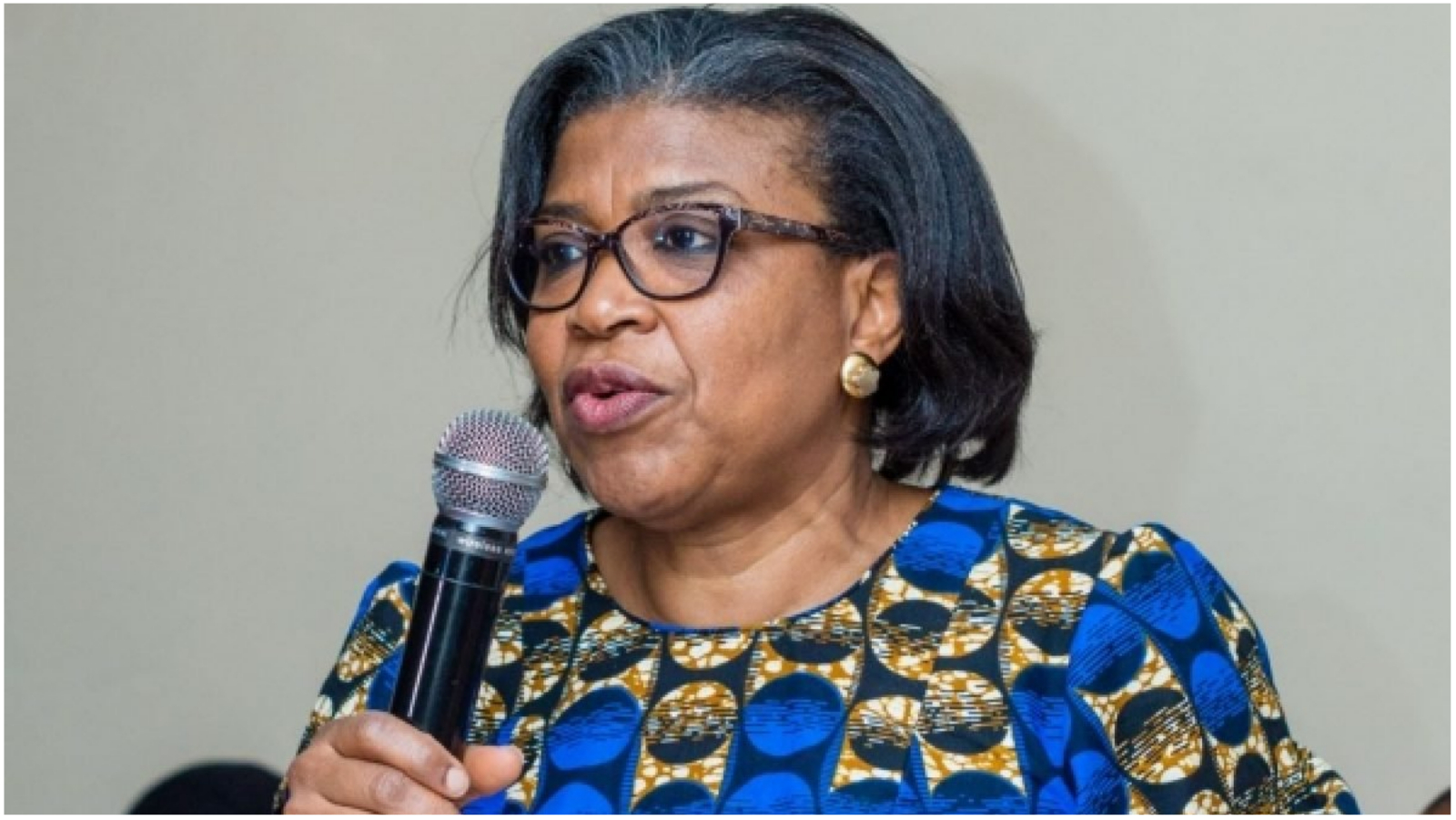The Director-General of the Debt Management Office (DMO), Patience Oniha, has blamed budget deficits and numerous promissory notes as reasons for the rising debt of the Nigerian government.
Oniha said despite not generating enough revenue, the Federal Government has been issuing several promissory notes to creditors.
Join our WhatsApp ChannelShe made this known during an interview with Channels TV on Wednesday, where she said the government needs to have substantial revenue to complement the loan used to fund its activities.
The DMO boss said Nigeria’s debt has risen to N46.25 trillion and it is projected to hit N77 trillion when President Muhammadu Buhari’s administration handover to the next administration on 29 May 2023.
Oniha said the debt will increase due to new loans that will be obtained to fund the 2023 budgets of the 36 states and the Federal Government, as well as the approval of the Central Bank of Nigeria (CBN) loans to FG.
Nigeria has borrowed from multilateral creditors such as the World Bank and the African Development Bank (AfDB), and bilateral channels; Germany, India and China.
She stated: “Nigeria’s debt stock is N46.25 trillion. It includes the debt of the 36 state governments and the federal capital territory (FCT). The federal government is responsible for 84 percent to 85 percent of this.
“What triggers debts and why the debt stock keeps growing is because when the debt stock is growing, debt service also grows.
“The debt stock is growing because Nigeria has been running a budget deficit for many decades.
“In good and bad times with oil prices, we have borrowed. We have been running budget deficits and those deficits are funded largely by 85 percent to 95 percent from borrowing and that is cumulative. These are publicly available data.
“As we borrow each year, it adds up. So, the annual budget deficits are a major component. If you look at this year’s budget, the budget size is N21 trillion, borrowing is N10 trillion.
“The third part – the government has been issuing promissory notes to settle obligations for which it doesn’t really have the revenue. So, that is why the debt stock has been growing.”
Although Oniha said Nigeria’s debt to Gross Domestic Product (GDP) is lowest when compared to other African nations, adding, “Our debt to GDP as at December 2022 was 23 percent and that is still within the limit the government set for itself and the 55 percent set by the World Bank and International Monetary Fund (IMF).
“If we add the ways and means, it increases to about 40 percent,”Oniha stated, adding, “The challenge is debt service to revenue and Nigeria has 6.7 percent ratio revenue to GDP,” DMO DG said.


















Follow Us